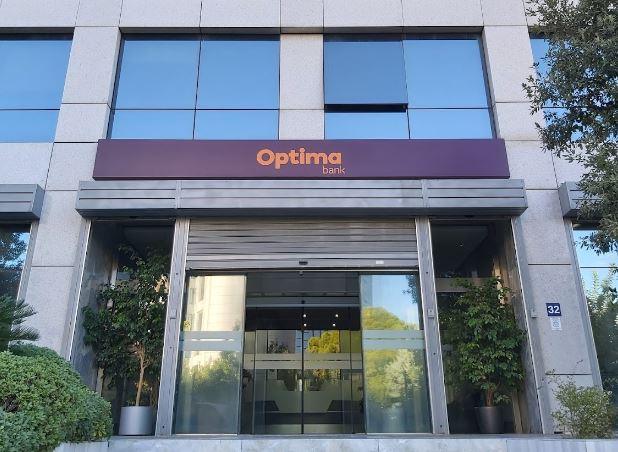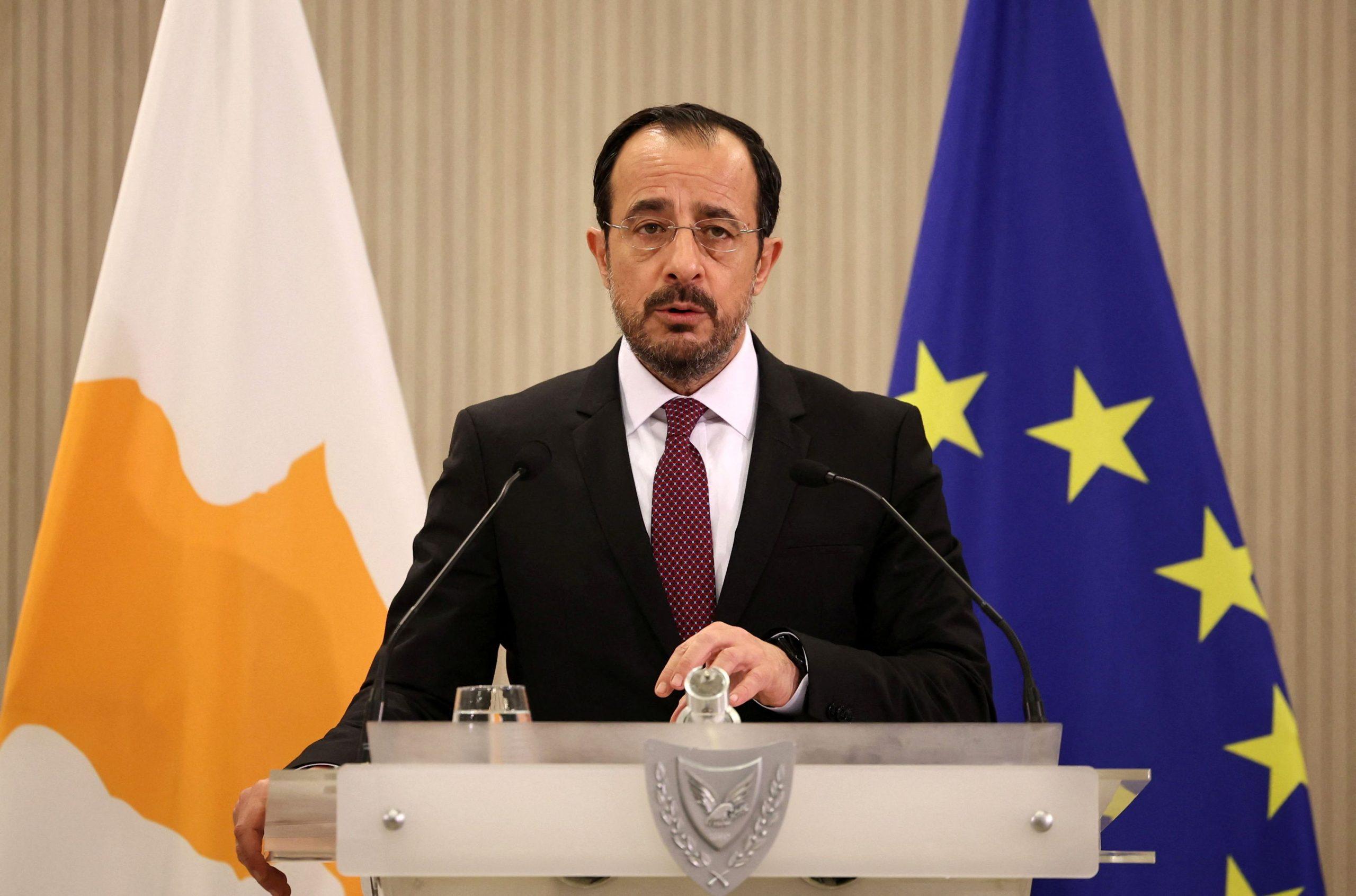Millions of Europeans are struggling to afford essential healthcare services, forcing them to sacrifice basic needs due to high out-of-pocket medical expenses, according to a new report by the World Health Organization (WHO).
The study highlights the financial burden placed on households, particularly low-income families, who must pay for medical services, dental care, and medication when treatment is outside hospital settings.
Across WHO member states, catastrophic healthcare costs—where medical expenses take up a significant portion of household income—affect between 1% and 21% of households.
In 25 countries, more than 5% of the population faces severe financial strain due to direct healthcare payments. Unmet medical needs due to cost, distance, or long waiting times impact up to 13% of the population for general healthcare and 16% for dental care.
Greece is among the most affected countries, with nearly 5% of the population pushed into poverty due to healthcare costs. An additional 10% has faced such high medical expenses that they struggle to afford other basic necessities. The report attributes these financial hardships primarily to the cost of medications, which disproportionately affects low-income households.
The WHO warns that many European health systems are unprepared for future health crises, posing risks to national security and compliance with international health regulations.
Disparities in healthcare access and emergency preparedness remain significant across member states, while many systems struggle to meet the needs of aging populations.
Elderly care is an increasing concern, with nearly half of Europeans over 65 who struggle with daily self-care lacking adequate support.
In Greece, as in much of Europe, home care services remain scarce, with only 6.7% of people with moderate disabilities and 24.8% of those with severe disabilities receiving in-home assistance.
Meanwhile, chronic illnesses such as cardiovascular diseases and cancer continue to rise. In Western and Northern Europe, cancer rates are increasing, but mortality is declining due to improved treatment.
However, Eastern European countries, including Greece, continue to see higher cancer-related deaths, highlighting persistent healthcare inequalities across the continent.
Source: tovima.com







































